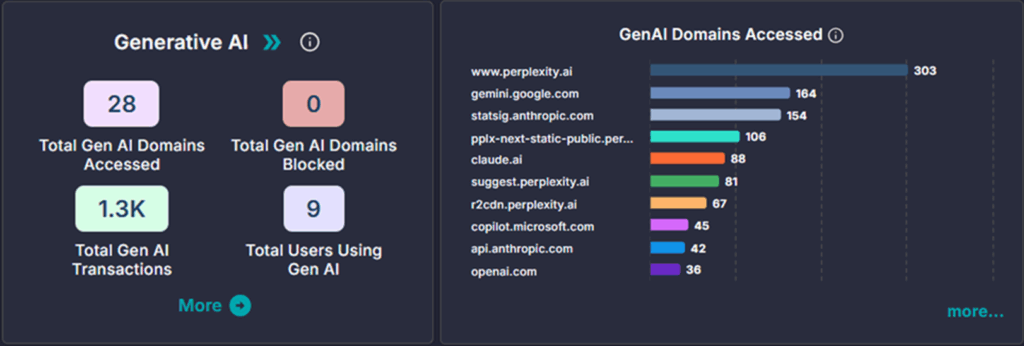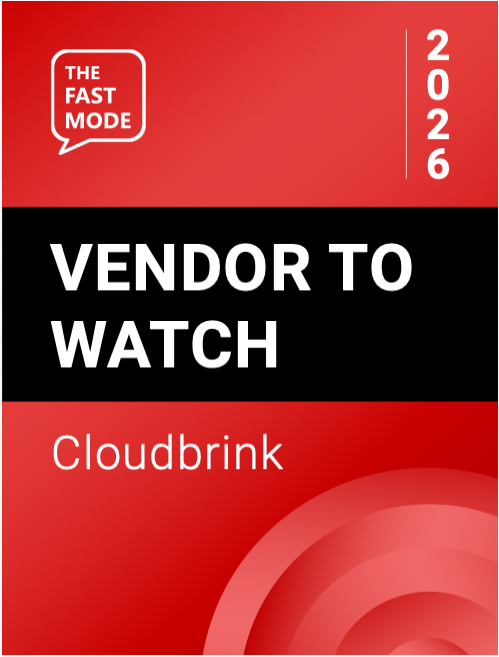Introduction:
A recent article by Dr. Gleb Tsipursky 1 on MSN 2 highlighted the severe business consequences of companies that are forcing people back to the office.
The pandemic’s impact on work culture has been profound, and businesses are now grappling with a critical question: Should we bring employees back to the office? The data is in, and it reveals that mandated office returns are triggering damaging consequences for companies. As the dust settles, it is becoming increasingly evident that the path to success lies not in returning to the traditional office model but in embracing flexible work policies supported by high-performance Zero Trust Network Access (ZTNA) solutions.
The Brewing Storm:
Reports from Greenhouse, the Federal Reserve’s Survey of Household Economics and Decisionmaking (SHED), and Unispace are collectively painting a stark picture of the repercussions of mandating office returns. Nearly half of companies enforcing return-to-office mandates are witnessing higher-than-anticipated employee attrition (42%), while almost a third (29%) are grappling with recruitment challenges. Employees have made it clear that they value flexible work schedules, with a staggering 76% ready to jump ship if that freedom is taken away.
The Need for Secure Connectivity:
Rather than force employees back to the office, companies must prioritize providing good secure connectivity to support the hybrid worker. High-performance ZTNA access is the key to fostering seamless collaboration, productivity, and job satisfaction, regardless of where employees choose to work.
Universal ZTNA for Hybrid Work:
Universal ZTNA takes the traditional ZTNA approach and extends it to support not only remote access but also local enforcement in campus and branch locations. By centralizing user or device zero-trust-access policies, it enables a single access policy definition, fostering a consistent end-user experience regardless of the physical location.
The Impact of Flexible Work Policies:
The reports indicate that flexible work policies rank first in employees’ priorities, even above factors like compensation and job security. Employees feel happier, more motivated, and more excited when their work arrangement is a matter of choice rather than a mandate. This highlights the significance of providing employees with the autonomy to choose where they work.
Less pay for more flexibility:
In a separate report from McKinsey3, it was found that particularly with higher-paid workers, some would be willing to take a 20% pay cut just to choose what days they work from home.
Real-Life Success Stories:
Companies that have embraced the hybrid work model and leveraged high-performance ZTNA solutions have seen a decline in employee turnover and an increase in job applications. Adapting return-to-office plans to focus on collaboration and mentoring rather than mandates has resulted in improved employee sentiments toward the office.
Conclusion:
The need for high-performance ZTNA access for the hybrid worker is more evident than ever. As the hybrid work revolution unfolds, companies must prioritize secure connectivity and embrace the flexibility that employees seek. By adopting Universal ZTNA and understanding cognitive biases, businesses can shape a future where good secure connectivity takes precedence over returning to the office. Success lies in empowering employees, supporting their choices, and embracing a forward-thinking approach to work.



